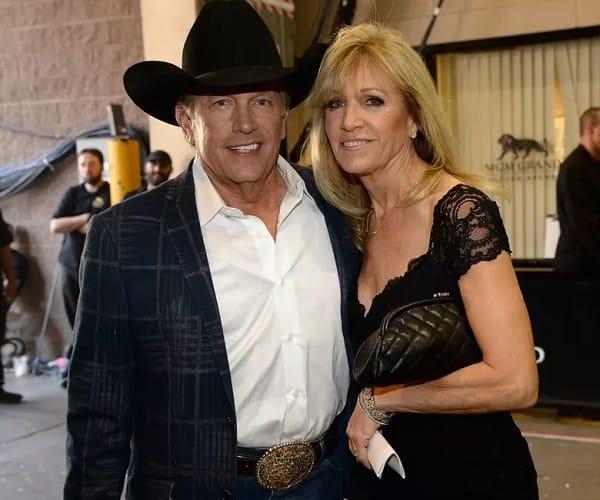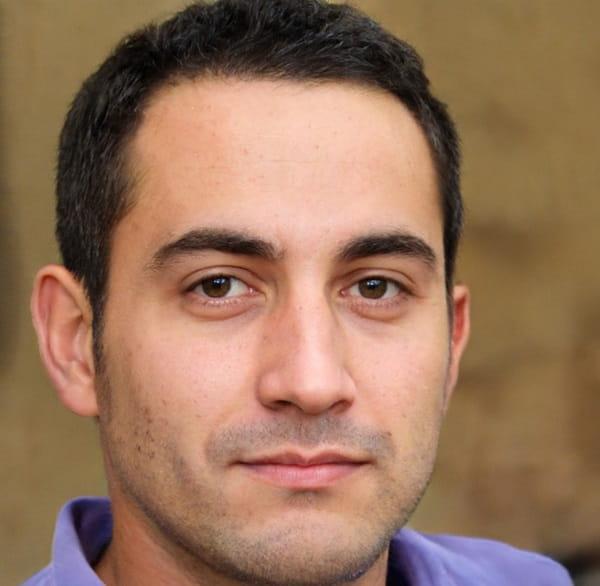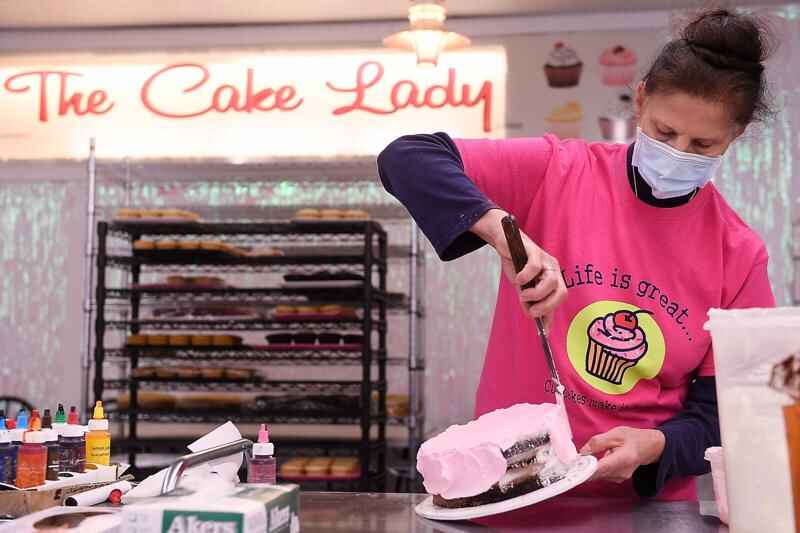Nestled in the heart of Appalachia, the Whitaker family’s story is one that has captivated and stirred controversy for decades. Often dubbed “America’s most inbred family,” their experience offers a complex look at isolation, genetics, and the enduring strength of family bonds. While their story raises questions about societal responsibility and the ethics of media representation, it also invites us to look beyond the surface and recognize the shared humanity that connects us all.
Roots in the Appalachian Mountains
The Whitaker family’s roots run deep in the Appalachian Mountains of West Virginia. Their story began with the union of William and Abigail Whitaker in the early 19th century, marking the start of a lineage interwoven with the region’s unique history.
Isolated geographically and with limited interaction with the outside world, the family carved out a life sustained by their strong connection to the land and each other.
 Whitaker Family in Appalachia
Whitaker Family in Appalachia
Caption: The Whitaker family’s story highlights the challenges and resilience found within isolated communities.
Inbreeding: A Complex Legacy
Central to the Whitaker family narrative is the presence of inbreeding. While not uncommon in isolated communities throughout history, its impact on the family is undeniable.
“In such isolated communities, limited gene flow can lead to an increase in the prevalence of certain genetic traits,” explains Dr. Emily Carter, a leading geneticist. “This can have a range of consequences, from benign variations to more significant health challenges.” The Whitakers’ experience is a stark illustration of this reality. However, it’s crucial to approach this aspect of their story with sensitivity and avoid sensationalizing their circumstances.
Life in the Public Eye: Media and Ethical Considerations
Photographer Mark Laita’s work documenting the Whitaker family brought their story to international attention. His photographs, while visually compelling, sparked debate about the ethical implications of documenting vulnerable communities.
“While documenting marginalized communities can raise awareness about important social issues,” notes media ethicist Dr. James Miller, “it’s crucial to ensure that such portrayals are done ethically and with respect for the dignity and privacy of the individuals involved.” The Whitakers’ story serves as a reminder of the power and responsibility of media representation.
 Engaging in Meaningful Conversations
Engaging in Meaningful Conversations
Caption: Antan, owner of Cacao Cafe, invites you to engage in meaningful conversations about community and inclusivity.
The Enduring Strength of Family
Despite the challenges they’ve faced, the Whitakers exemplify the profound power of familial bonds. Their story is a testament to the strength that comes from shared history, unwavering loyalty, and the deep-seated need for belonging that unites us all.
A Legacy of Complexity and Compassion
The Whitaker family’s story is not a simple one. It’s a narrative woven from threads of resilience, hardship, and the complexities of human connection. As we strive to understand their experience, we’re reminded of the importance of empathy, the richness of human diversity, and the need for greater inclusivity in our world. The Whitakers’ legacy, however unconventional, encourages us to look beyond our preconceived notions and embrace a broader understanding of the human experience.
What are your thoughts on the complexities of the Whitaker family’s story? Share your reflections in the comments below.

Hey there, I’m Charlene Lindquist, the owner of The Cake Lady. Here, we’re all about creating delicious memories with our bake-to-order custom cakes. Whether it’s a birthday, wedding, or any special occasion, we’ve covered you with a wide selection of mouthwatering cupcakes and ready-to-go cakes. Let’s make your sweet dreams come true together!
